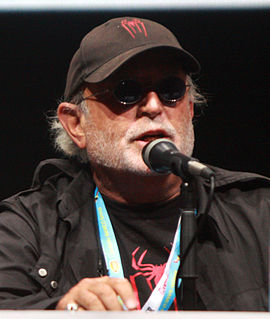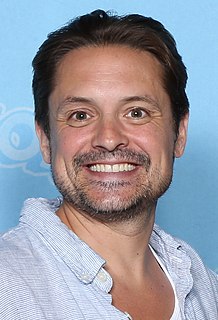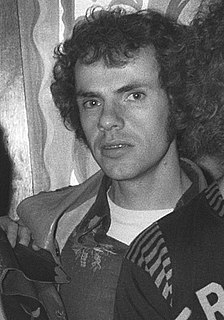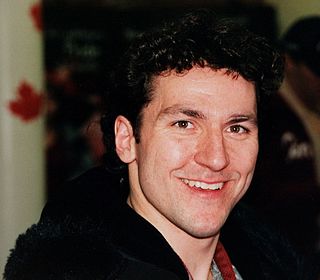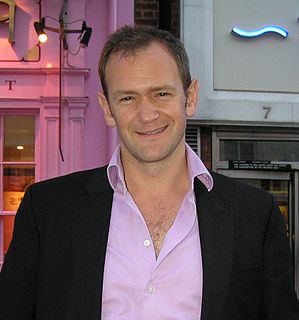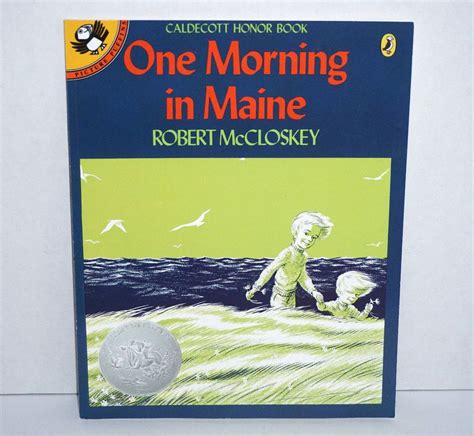A Quote by Avi Arad
Obviously, CGI in the last ten years has gone through such leaps and bounds that today, people are looking for these kinds of movies to wow audiences with technology.
Related Quotes
The world has changed - through technology, through wine-making techniques, the quality of wine is greater than it's ever been. Whereas ten, fifteen years ago it was very easy to find lots of bad wine, it's kind of hard now. The technology, the science - it's like, are you kidding? We're in the golden years of wine!
Ten years dropped from a man's life are no small loss; ten years of manhood, of household happiness and care; ten years of honest labor, of conscious enjoyment of sunshine and outdoor beauty; ten years of grateful life--one day looking forward to all this; the next, waking to find them passed, and a blank.
